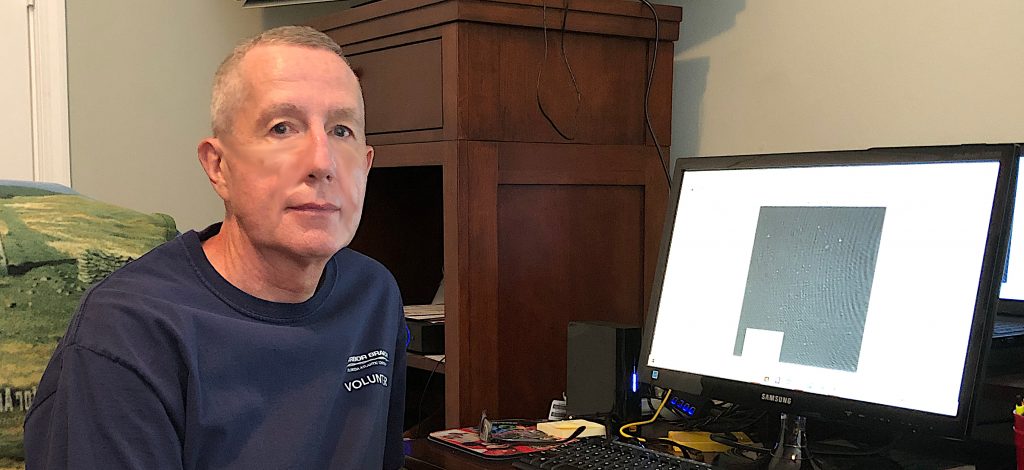Our research in plankton monitoring carries importance in a variety of sectors such as marine and freshwater ecology and fisheries, climate change, public health, and coastal economics. Marine phytoplankton are the basis of the food chain, comprising 25% of all plant life on earth, which sustains all other animals in the ocean. Phytoplankton contribute to the natural reduction of excess carbon on Earth that gives rise to global climate change. Harmful algal blooms can produce waterborne and airborne toxins that can cause a variety of adverse reactions in humans. Thus, coastal economies, which often rely heavily rely on the tourism sector, can be decimated by harmful algal bloom events.
Due to these far-reaching applications, we are committed to sharing our science within a diverse base, both within the larger scientific community and the public. We have partnered with volunteers and undergraduate students with a variety of backgrounds, and provided summer internships to expand our database of plankton imagery.

Watch Behind the Science – A Wednesday Web Chat featuring Aditya Nayak, Ph.D.

Meet our Volunteer!

Dave Milmore is a retired IT professional with 30 plus years of experience in the financial services and healthcare industries. His main areas of focus during his business career included consumer and business website development and the use of large datasets for analytics to improve patient outcomes in the healthcare sector. Dave has a Bachelor of Sciences in Geology from the State University of New York College at Oneonta, and a Master of Science in Software Engineering from Iona College in New Rochelle, New York.
Upon retiring in 2015 Dave worked as a substitute teacher for two years teaching mainly sixth through eighth graders and began volunteer work at FAU Harbor Branch in the fall of 2018. Initially he worked with the Outreach and Engagement Team in the Ocean Discovery Visitor Center and other community outreach programs, which he continues to do. He has also worked in the Harmful Algal Bloom Lab preparing samples for analysis and assisting with the creation of databases; the Research Collection area re-packaging, labeling and barcoding specimens for enhanced tracking purposes; and most recently with the Department of Ocean and Mechanical Engineering identifying and tagging phytoplankton in a Citizen Science capacity.

If you or someone you know has an interest in contributing to our research, please reach out to Aditya Nayak at anayak@fau.edu.
